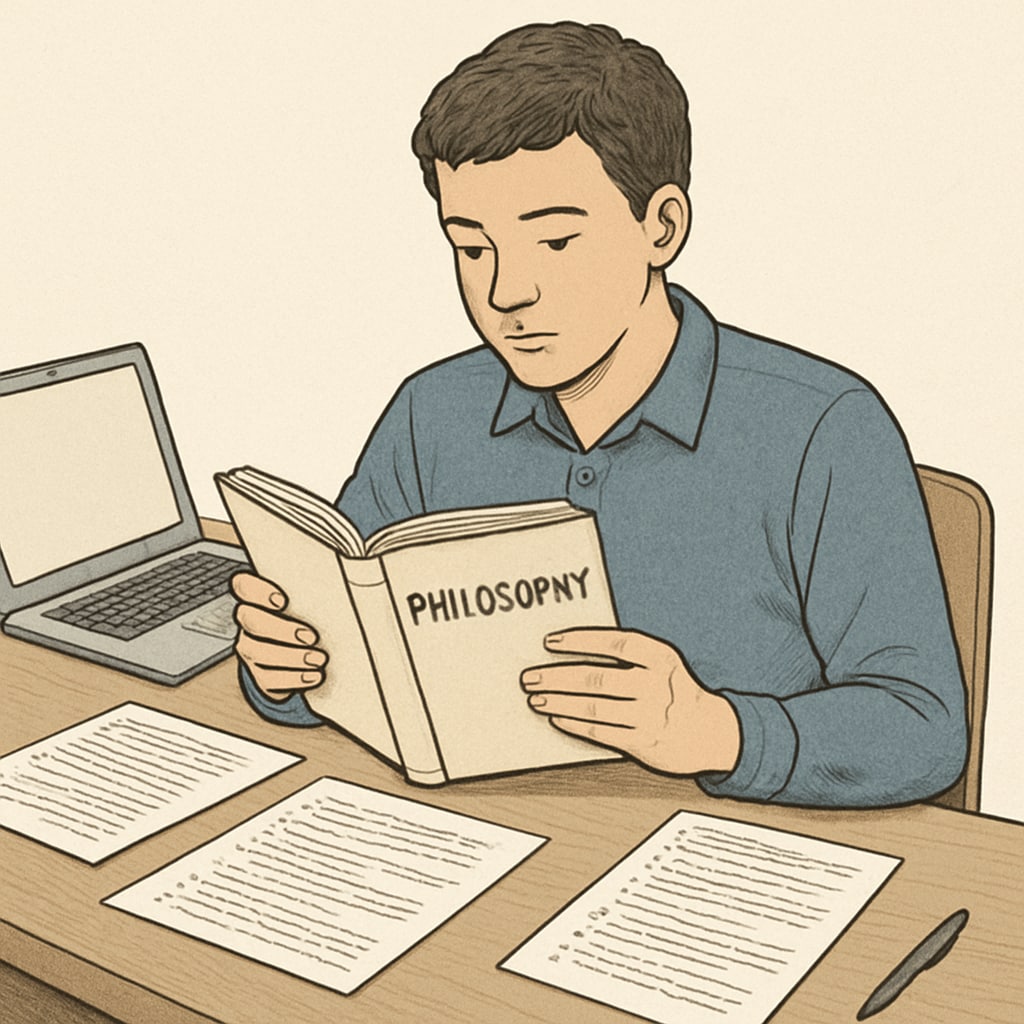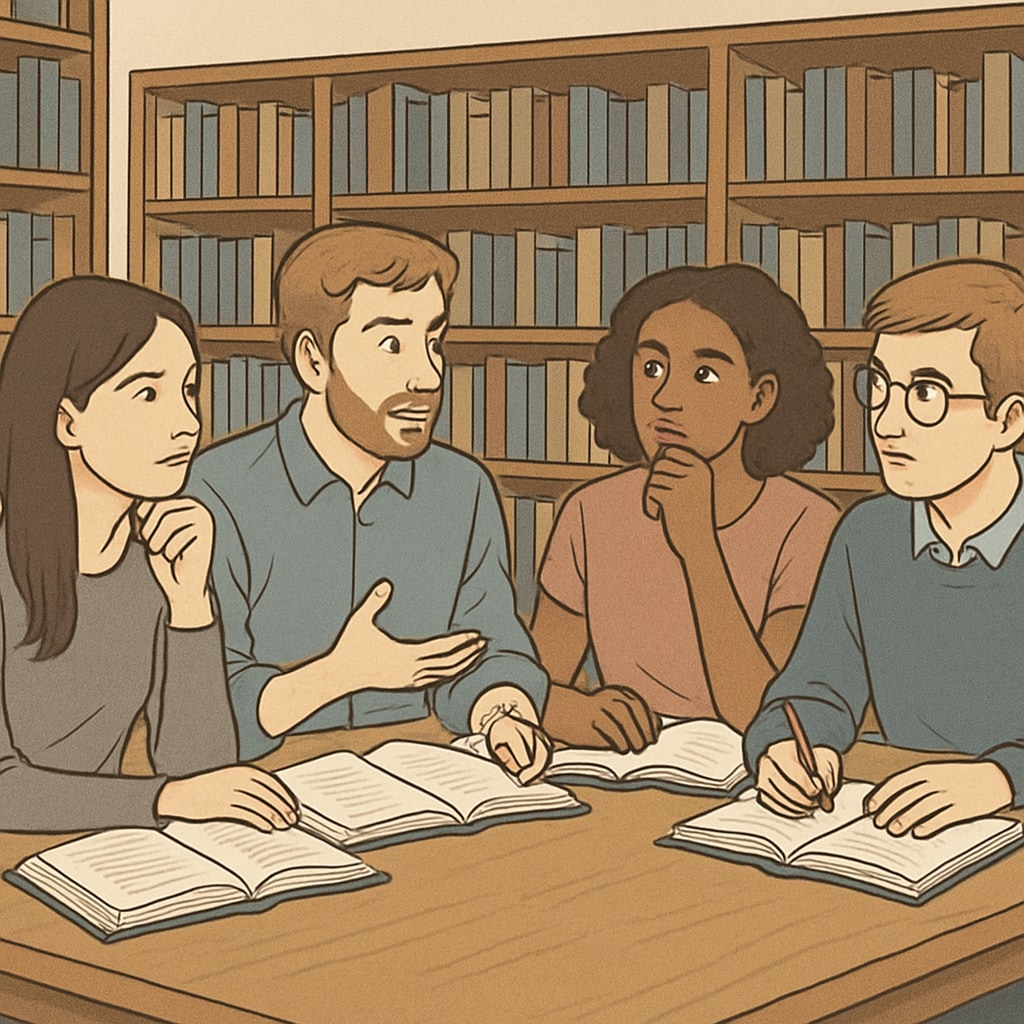Psychology and philosophy are fascinating disciplines that explore the complexities of the mind and the nature of thought. For K12 students, embarking on a journey to self-learn these subjects can be both rewarding and transformative. With the right self-learning resources, students can nurture critical thinking, develop emotional intelligence, and gain a deeper understanding of themselves and the world. This article provides a comprehensive guide for young learners who wish to delve into these fields while balancing their academic commitments.
Why Learn Psychology and Philosophy?
Psychology, the study of the mind and behavior, helps us understand human emotions, relationships, and motivations. Philosophy, on the other hand, challenges us to think critically about existence, ethics, and the nature of knowledge. Together, these subjects encourage students to question assumptions, analyze perspectives, and explore complex ideas.
For K12 students, learning these disciplines offers several benefits:
- Improved critical thinking and problem-solving skills.
- A deeper understanding of emotions and relationships.
- Enhanced ability to articulate and defend ideas logically.
By integrating these skills into daily life, students can better navigate academic and personal challenges.
Choosing the Right Resources for Self-Learning
Access to high-quality materials is essential for effective self-learning. Fortunately, there are numerous resources available online and offline. Here are some recommendations:
Books
- Psychology: A Very Short Introduction by Gillian Butler and Freda McManus – An accessible entry point to psychology.
- Sophie’s World by Jostein Gaarder – A novel that introduces the history of philosophy through an engaging narrative.
Online Platforms
- Coursera – Offers introductory courses in psychology and philosophy.
- Khan Academy – Free lessons on topics such as critical thinking and emotional intelligence.
Podcasts
- The Happiness Lab – Explores psychological insights into happiness.
- Philosophize This! – A beginner-friendly podcast on major philosophical ideas.
These resources cater to varying levels of expertise, making it easier for students to tailor their learning experience.

Balancing Self-Learning with Academic Responsibilities
Self-learning requires discipline, especially for students managing schoolwork. Here are some tips to maintain balance:
- Set Clear Goals: Define specific topics or concepts you wish to explore each week.
- Create a Schedule: Dedicate 20–30 minutes daily to self-study, ensuring it doesn’t interfere with school assignments.
- Engage with Others: Join online forums or local study groups to discuss ideas and gain diverse perspectives.
By incorporating these strategies, students can make consistent progress without feeling overwhelmed.
Developing Critical Thinking and Emotional Intelligence
Psychology and philosophy not only expand intellectual horizons but also nurture essential life skills. For instance, studying philosophical dilemmas can improve ethical decision-making, while psychological insights can enhance empathy and communication.
To practice these skills:
- Analyze everyday situations using philosophical principles, such as utilitarianism or virtue ethics.
- Observe and reflect on emotional responses in yourself and others to build emotional awareness.
Over time, these practices contribute to a more thoughtful and emotionally resilient mindset.

Conclusion
Embarking on a journey to self-learn psychology and philosophy is a rewarding endeavor for K12 students. With access to diverse resources and the right strategies, young learners can unlock new ways of thinking and deepen their understanding of the world. This exploration not only enhances academic skills but also fosters personal growth, preparing students for the complexities of life.
So, why wait? Start your journey today with the vast array of self-learning resources available at your fingertips!
Readability guidance: This article employs short paragraphs, bullet points, and accessible language to ensure clarity. Passive voice and long sentences are minimized, while transitions like “for example” and “in addition” enhance flow.


